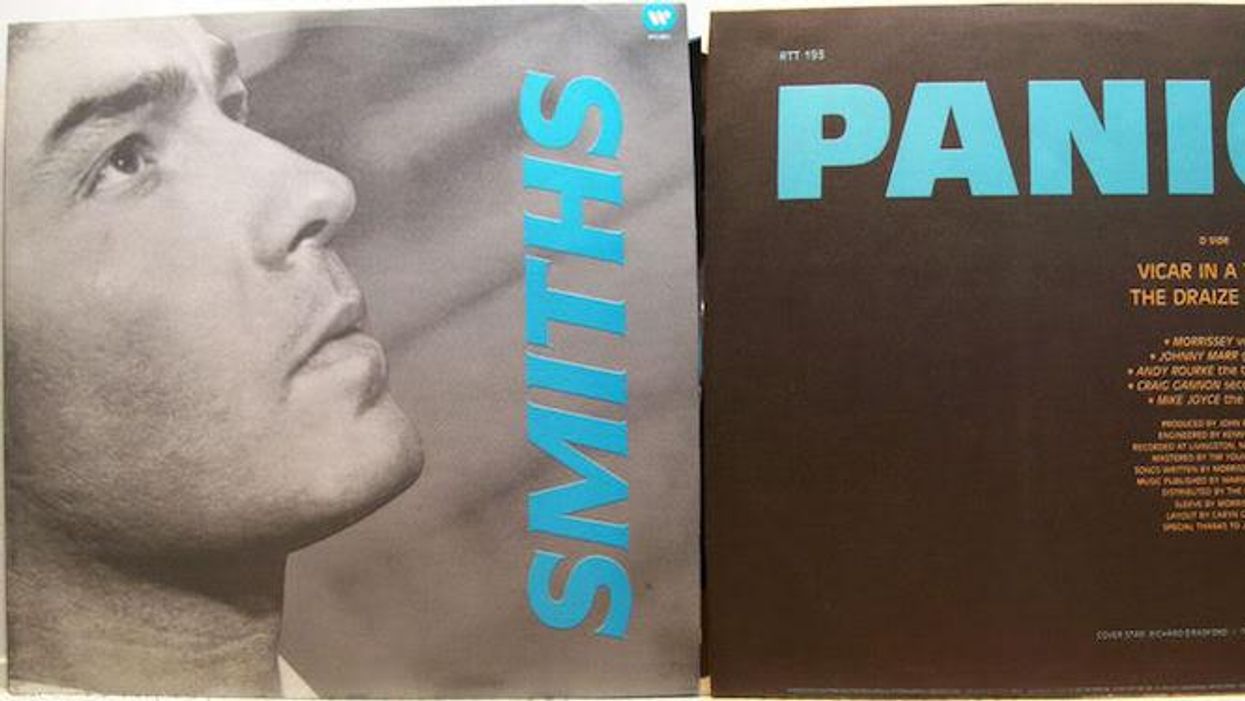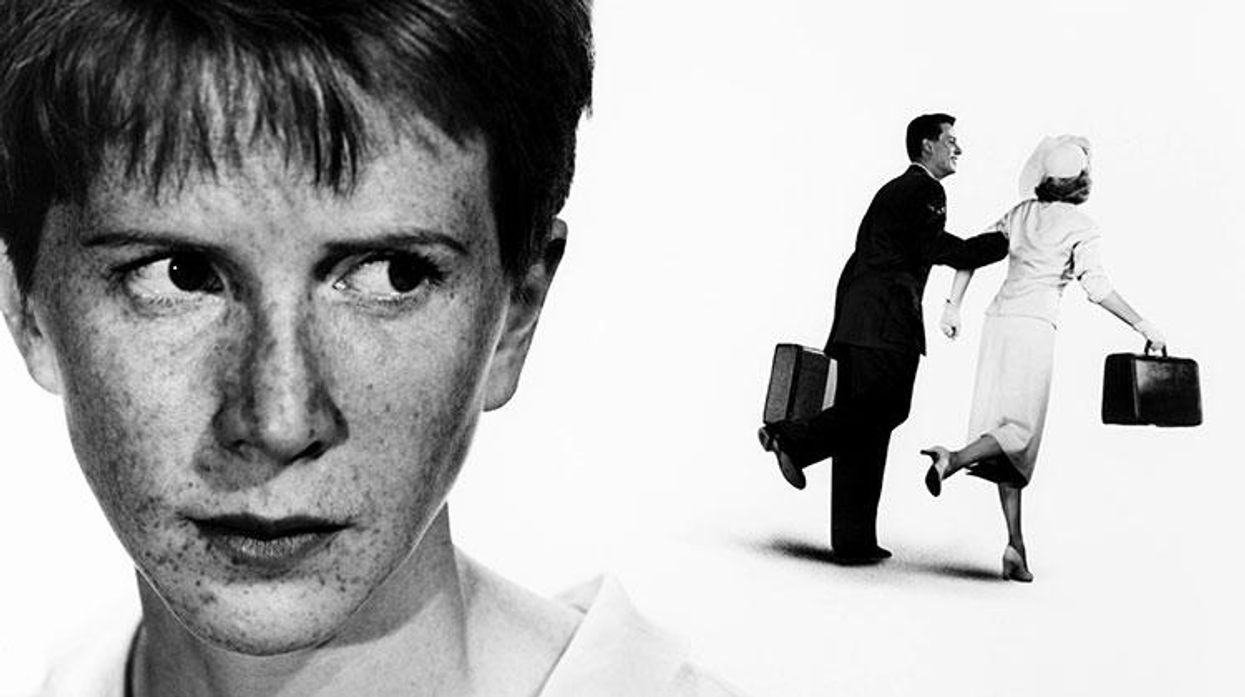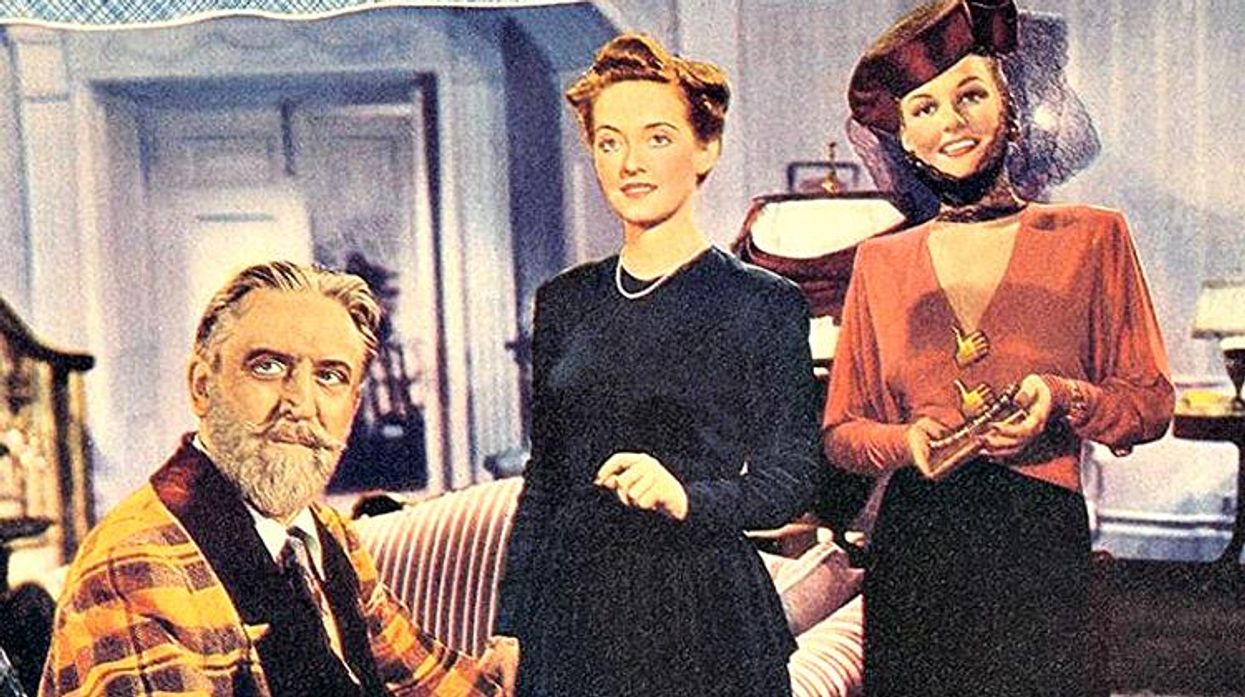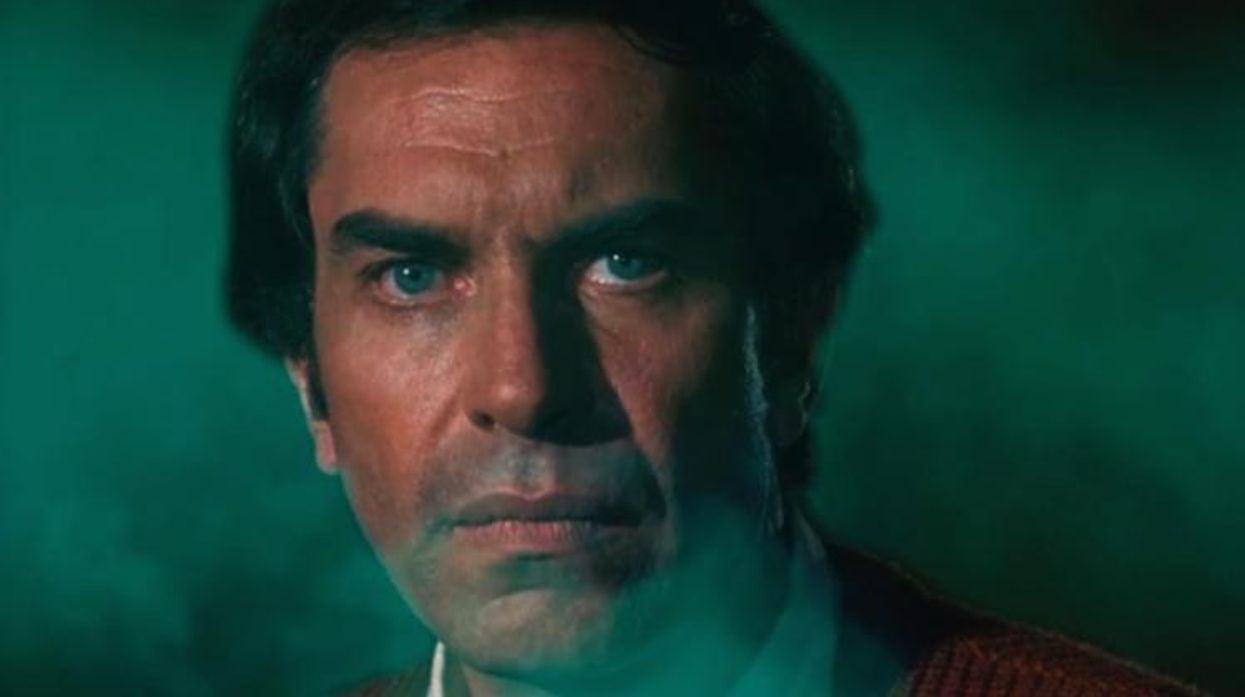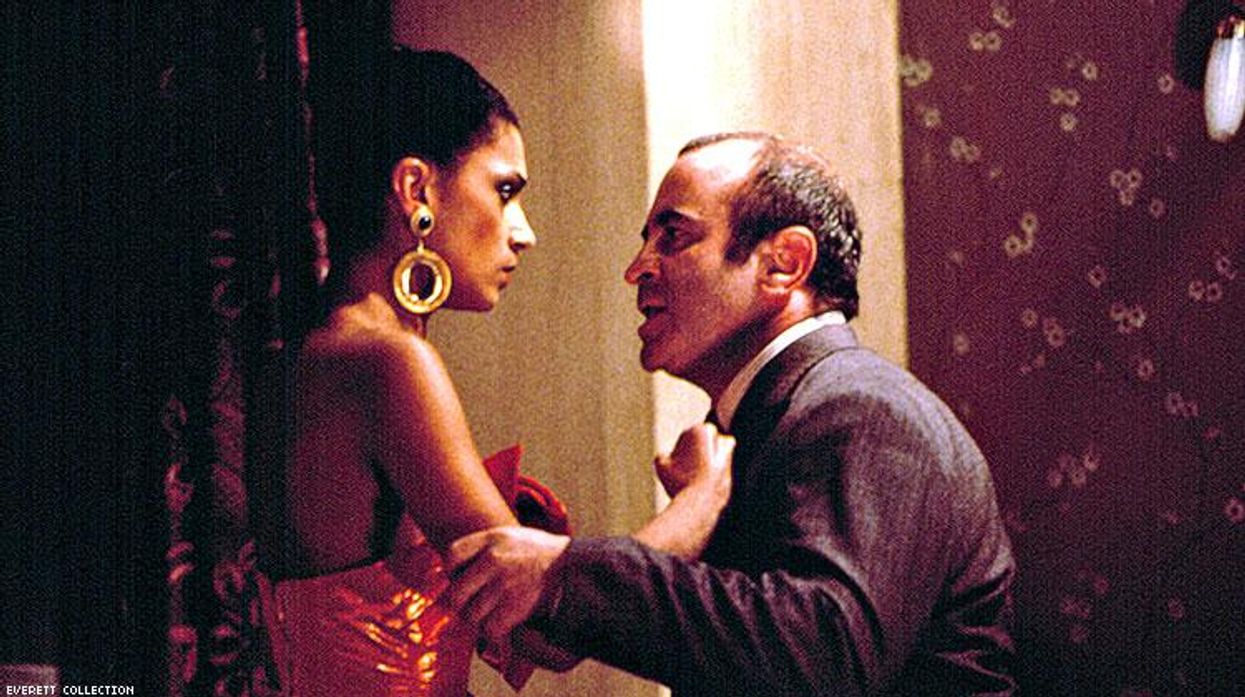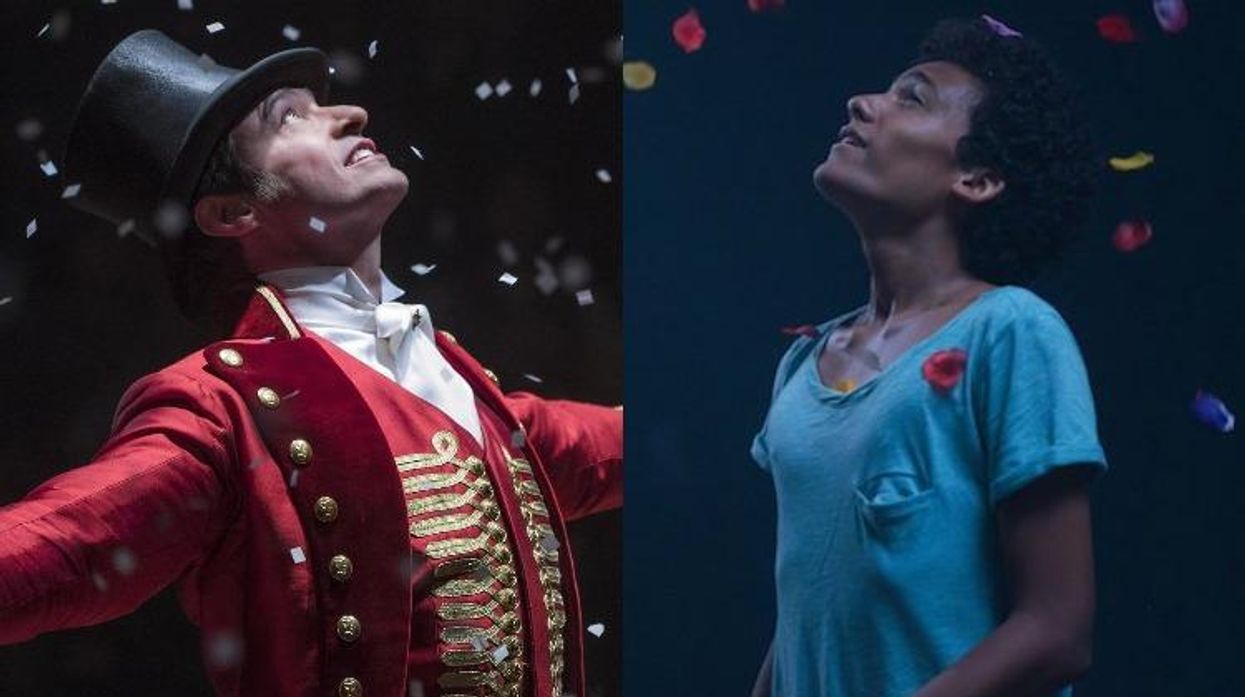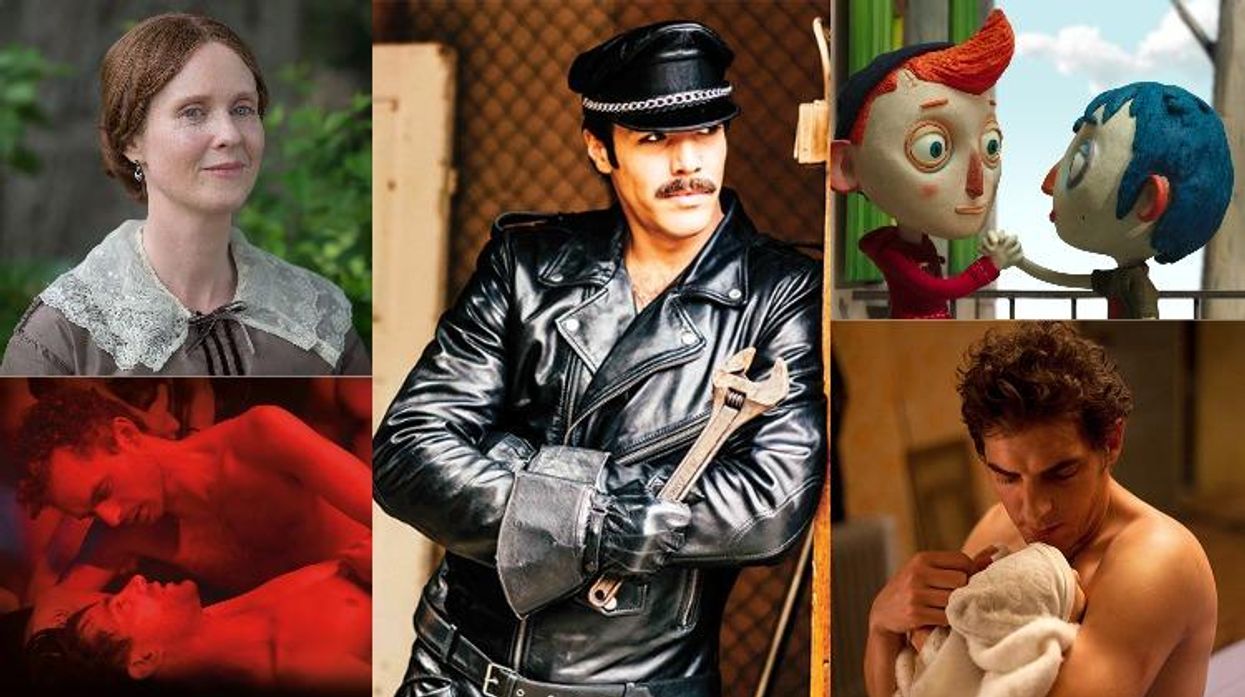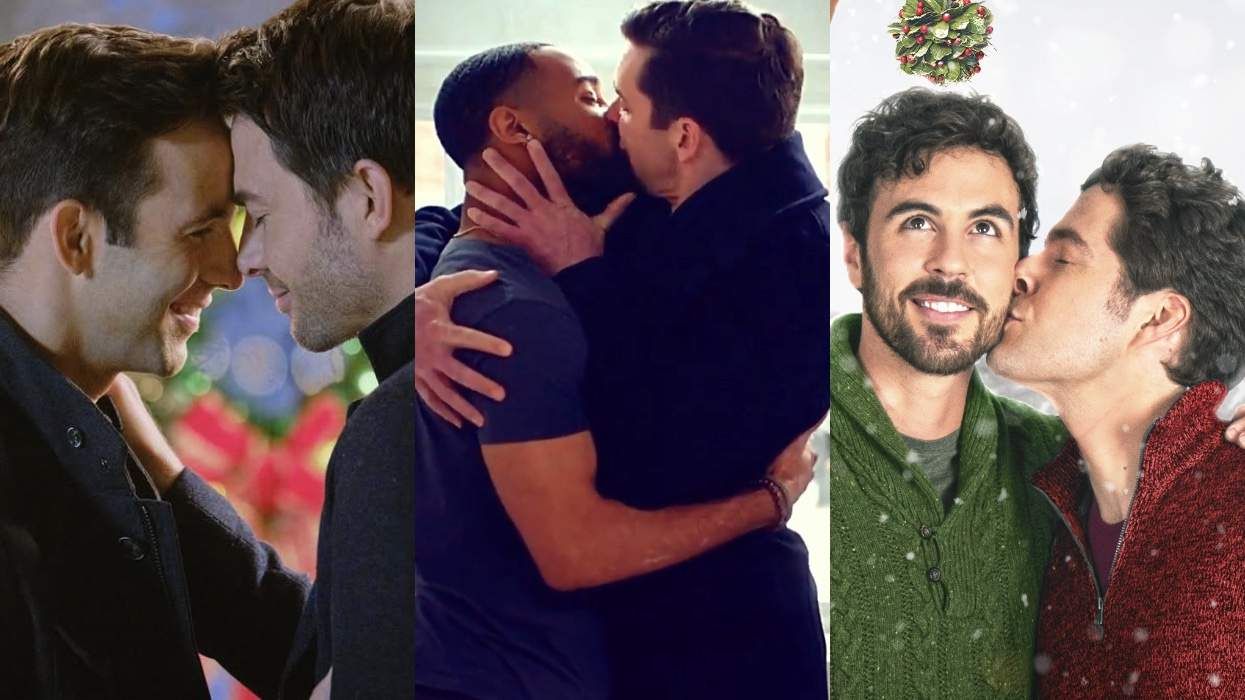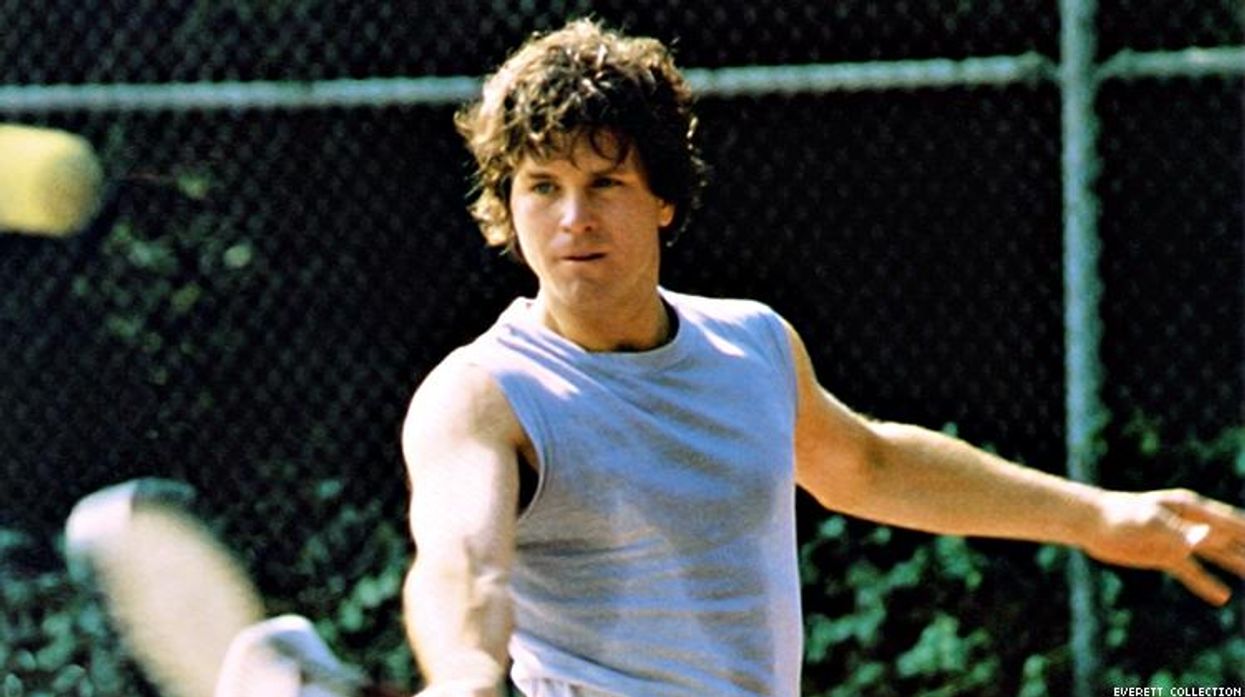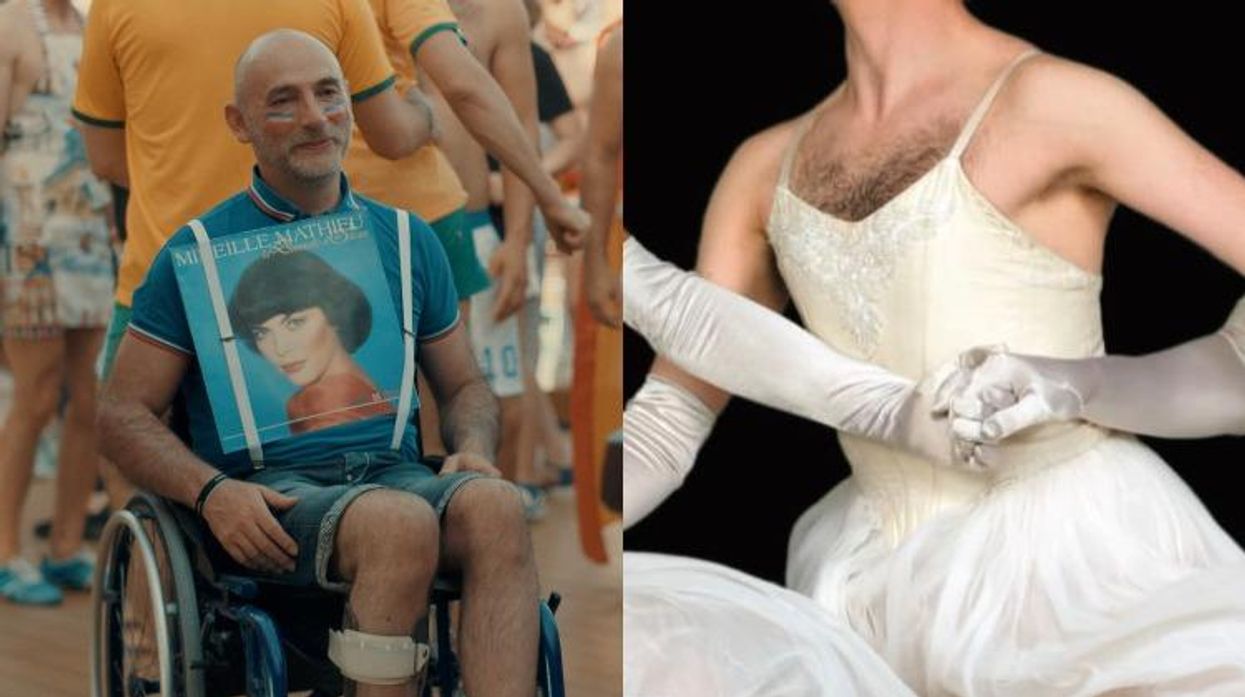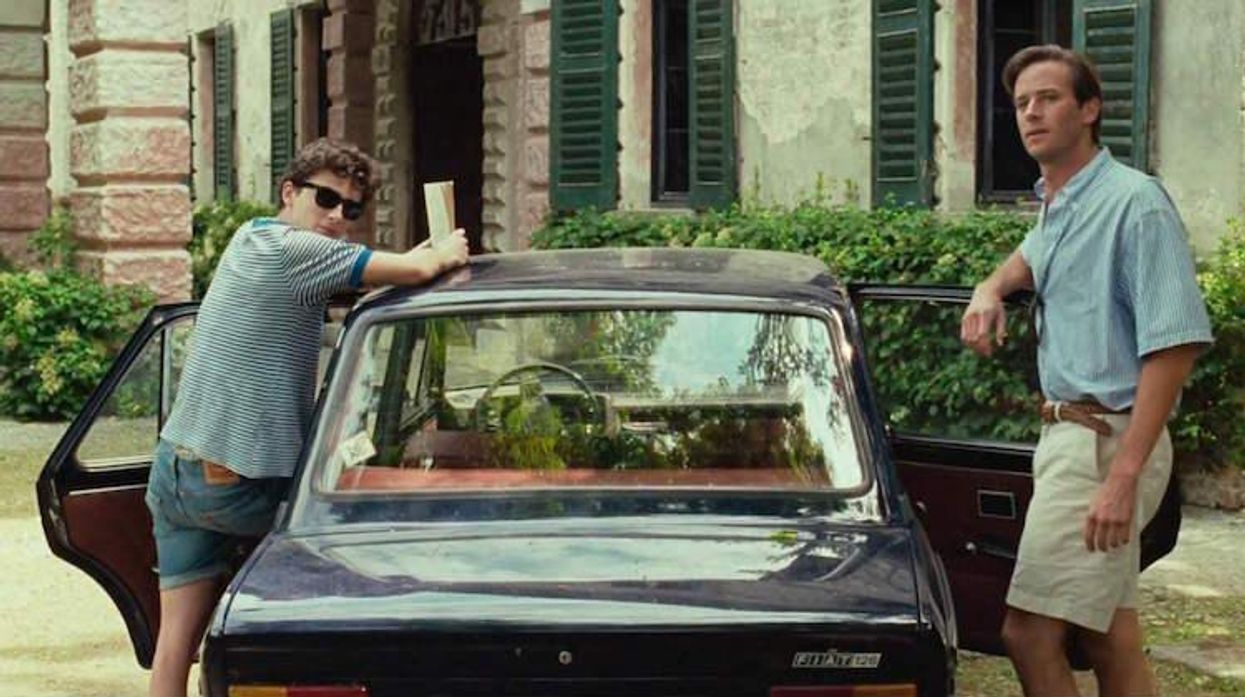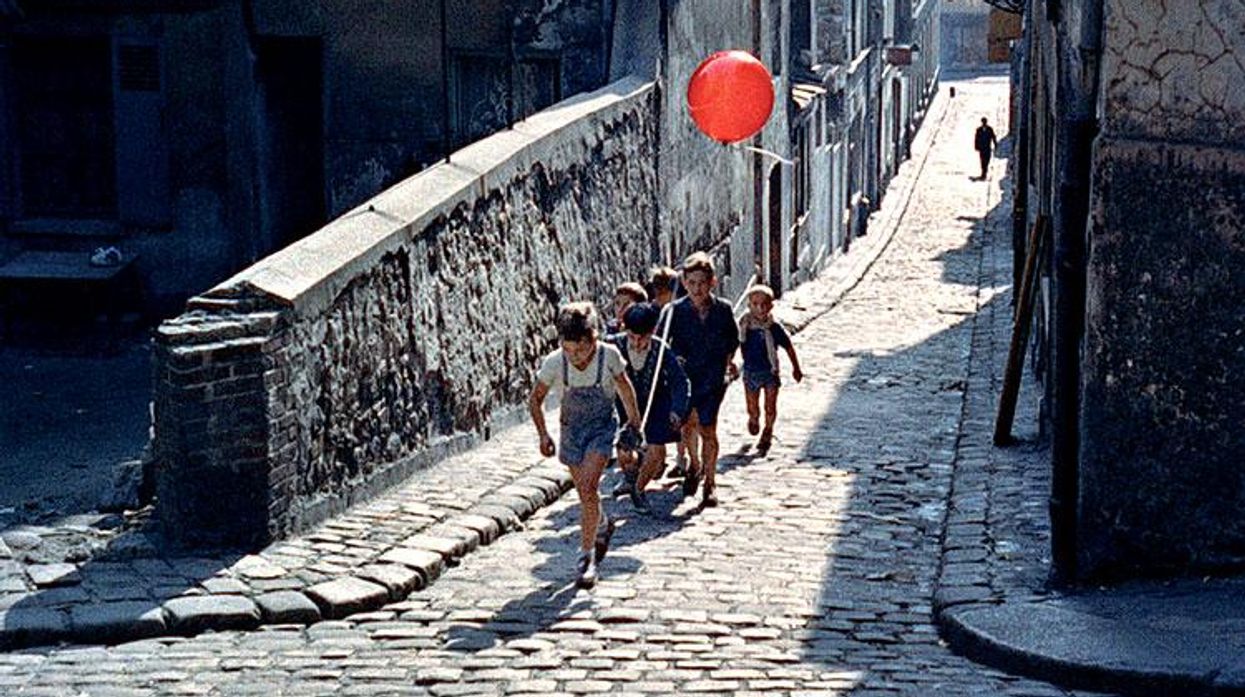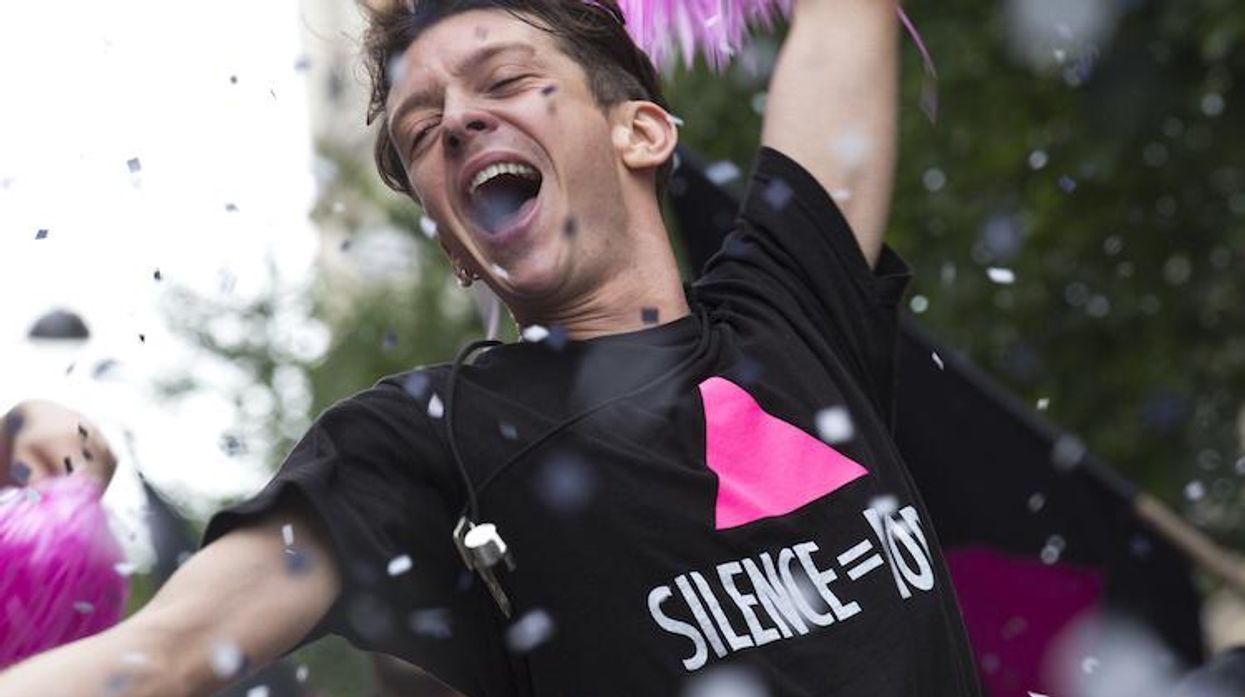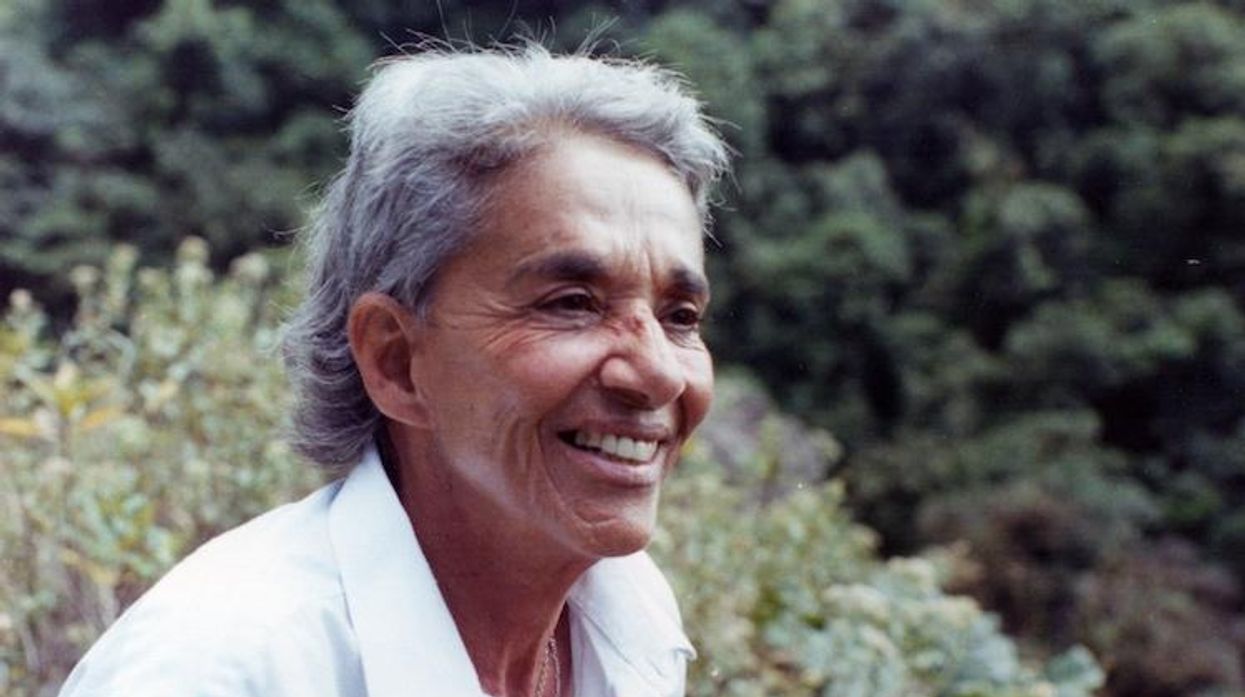When filmmaker Derek Jarman and legendary pop group The Smiths collaborated in 1986 no one knew they would predict the future.
Jarman, a celebrated creator of queer avant-gade cinema spectacle (the time-shifting Sebastian, Jubilee, Caravaggio) was commissioned to produce a series of short films to serve as music videos for the Smith's newest album The Queen is Dead. That's when the unexpected happened: Morrissey and Johnny Marr, the Smith's songwriting team, came up with a new song separate from the album. Pop artists rarely complicated record label marketing tactics by launching new material alongside a just-released album; the Beatles got away with it in the '60s and the Smiths would similarly rock the pop world.
"Panic" was released on July 21, 1986. Following that masterful album which slyly mixed anti-monarchy sentiment with the bohemian camp of Last Exit to Brooklyn, it was the Smiths' most political song. It would become the climax of Jarman's three music videos--a visual scrapbook of anxious times in contemporary England featuring Morrissey's keening response to world issues underscored by Jarman's openly homoerotic and rebellious imagery.
Panic on the streets of London
Panic on the streets of Birmingham
I wonder to myself
Would life ever be sane again?
Those lyrics, splashed on full-page ads in Britain's music tabloids, looked like political placards announcing discontent. It echoed '60s protest but the personalized reflection, particular to Morrissey's poetry, matched Jarman's up-from-the-underground queer social criticism: "You run down/ To the safety of the town/ But there's panic on the streets..."
So "Panic" provoked instant controversy when Morrissey's lyric "Burn down the disco/ Hang the blessed DJ/ Because the music that they constantly play/ Says nothing to me about my life." Demagogic media then, as now, charged that the lyrics were "racist," an attack on black music, particularly hip-hop DJs. This unfounded accusation ignored Morrissey's double reference to radio disk jockeys who were committed only to broadcasting pop trivia; it overlooked the universal dance club experience in which DJ's play music for escapism.
Brilliantly, the song's singalong children's chorus "Hang the DJ!/Hang the DJ!/Hang the DJ!" turned lynch mob menace into the ironic chant of disaffected youth--a daring rejection of consumer complacency. This makes Jarman's documentary images of dank streets especially poignant, inflecting his realism with the urgency felt by dissatisfied gay outsiders and other socially alert citizens.
In '86, composer-guitarist Marr explained that "Panic" was inspired when he heard news of the Chernobyl nuclear plant disaster followed by inane radio DJ'ing. Marr's shrewd spin brings us around to what makes "Panic" so apt 30 years later. The explosion of political processes from Brexit to the American presidential campaign parallels Bob Dylan's '80s ridicule of "the insane world of entertainment exploding."
Jarman, like the Smiths, resolves that tension. He conveyed pop culture catharsis via flashing montage throughout The Queen Is Dead's three-song cycle. Imagery from "There Is a Light" and the title segment are repeated in "Panic," which focuses on a potential street pick-up in which desire gets complicated by the surrounding social stress. Jarman intercuts scenes of England aflame, an upside-down pound note, a solarized spinning crown, shots of little girls jumping like a reverse-negative of the epiphany in Griffith's Intolerance followed by a Mapplethorpe-style love-and-death provocation.
Best of all, Jarman begins "Panic's" open-air seduction with an outstretched hand extended into the center of the frame. This beseeching figure expresses the same plaintive quality of Morrissey's singing voice. (It would inspire the image of fate in Erasure's magnificent Blue Savannah music video.) All these years later "Panic" still sounds great, rousing one's instinct to deeply oppose even the trendiest political attitudes.
Jarman and the Smiths understood how entertainment and politics have fused, keeping the populace at odds, in a state of constant distrust, antagonism--true panic. They mixed the political with the personal and turned that into a cinematic anthem.


